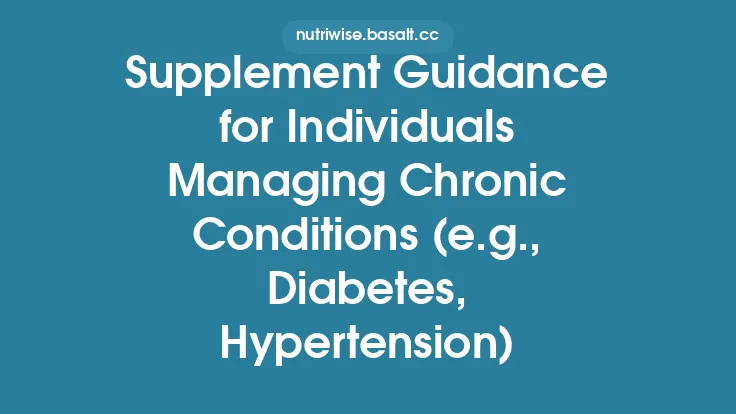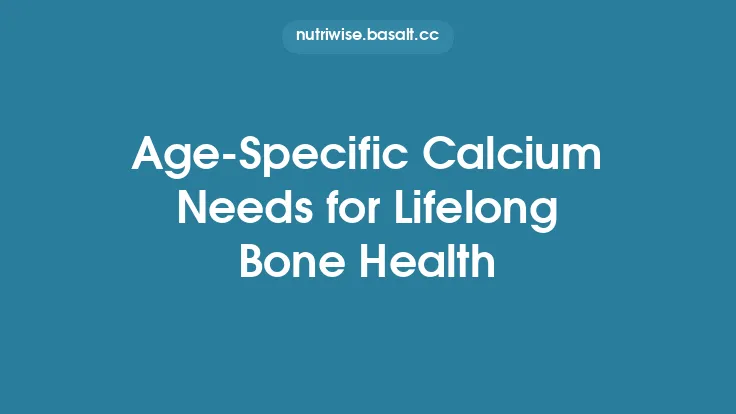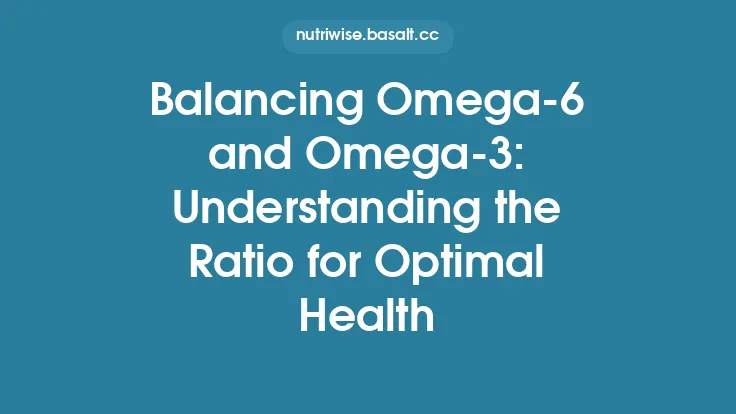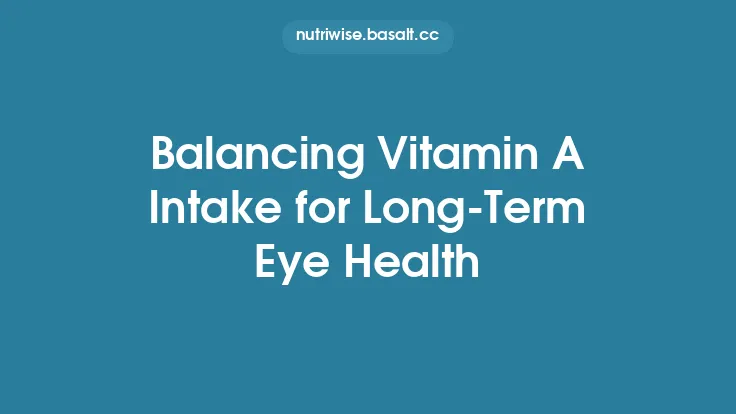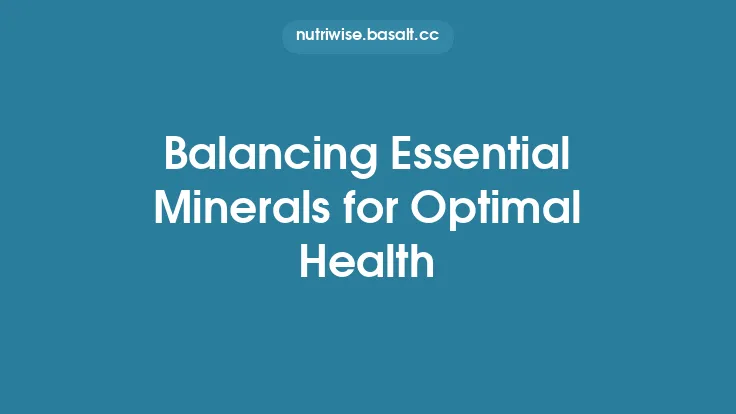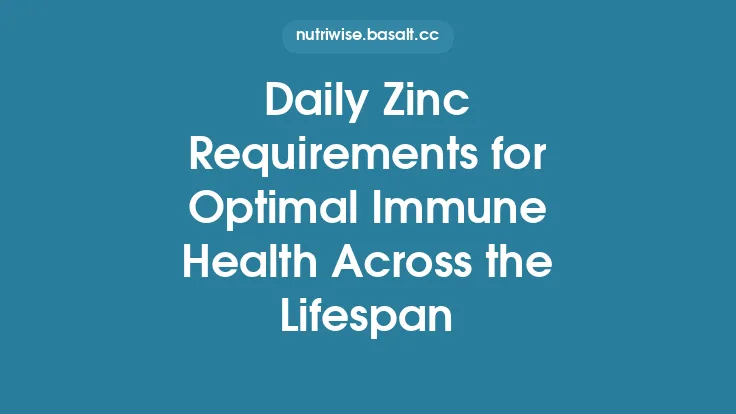When it comes to nutritional supplementation, “more is better” is a myth that can have serious health consequences. Certain vitamins, minerals, herbs, and other bio‑active compounds can aggravate, trigger, or even precipitate disease processes in people with specific health conditions. Understanding which supplements are contraindicated for particular ailments helps individuals avoid inadvertent harm and supports clinicians in guiding safe supplement use.
Cardiovascular Conditions
Hypertension
- Stimulant‑based supplements – Ephedra (Ma Huang), bitter orange (synephrine), and high‑dose caffeine extracts can raise systolic and diastolic pressures by stimulating the sympathetic nervous system.
- Yohimbine – An α2‑adrenergic antagonist that increases norepinephrine release, leading to vasoconstriction and elevated blood pressure.
- Licorice root (glycyrrhizin) – Inhibits 11β‑hydroxysteroid dehydrogenase, causing sodium retention and potassium loss, which can raise blood pressure.
Atherosclerosis & Plaque Instability
- High‑dose vitamin E – While antioxidant in theory, doses > 400 IU/day have been linked to increased risk of hemorrhagic stroke and may destabilize atherosclerotic plaques.
- Omega‑3 fish oil in excess – Very high intakes (> 5 g/day) can impair platelet aggregation, potentially leading to plaque rupture in vulnerable vessels.
Heart Failure
- Coenzyme Q10 (ubiquinone) at very high doses – Though often touted for heart health, doses > 300 mg/day can interfere with the metabolism of certain cardiac medications (e.g., digoxin) and may exacerbate fluid retention in decompensated heart failure.
- Iron supplements – In patients with iron overload cardiomyopathy (e.g., hereditary hemochromatosis), additional iron can accelerate myocardial iron deposition and worsen heart function.
Bleeding and Clotting Disorders
- Vitamin K1 (phylloquinone) and K2 (menaquinone) – Essential for clotting factor synthesis; supplementation can counteract the therapeutic intent of anticoagulant therapy (e.g., warfarin) and increase thrombotic risk.
- High‑dose fish oil or krill oil – EPA/DHA doses > 3 g/day can significantly prolong bleeding time, posing a danger for individuals with hemophilia, von Willebrand disease, or those undergoing surgery.
- Garlic (aged extract) and ginger (high doses) – Both possess antiplatelet activity; chronic use may precipitate spontaneous bruising or bleeding in clotting‑deficient patients.
- Ginkgo biloba – Inhibits platelet‑activating factor; regular consumption can exacerbate bleeding tendencies.
Renal (Kidney) Disease
- Magnesium supplements – In advanced chronic kidney disease (CKD) stages 4–5, the kidneys cannot excrete excess magnesium, leading to hypermagnesemia, which can cause hypotension, respiratory depression, and cardiac arrhythmias.
- Potassium‑rich supplements – Potassium gluconate, potassium citrate, or high‑dose potassium‑containing multivitamins can precipitate life‑threatening hyperkalemia in patients with reduced glomerular filtration.
- Vitamin D (high‑dose calcifediol or cholecalciferol) – While deficiency is common in CKD, doses > 4,000 IU/day can cause calcium‑phosphate product elevation, promoting vascular calcification.
- Herbal diuretics (e.g., dandelion leaf, uva‑ursi) – May increase renal workload and electrolyte loss, worsening renal insufficiency.
Hepatic (Liver) Disease
- Pyridoxine (vitamin B6) in megadoses – Doses > 200 mg/day can cause peripheral neuropathy, but in the setting of liver dysfunction, impaired metabolism may increase systemic toxicity.
- High‑dose niacin (nicotinic acid) – Can precipitate hepatocellular injury, especially in patients with pre‑existing fatty liver disease or hepatitis.
- Green tea extract (EGCG) concentrated capsules – Though antioxidant, high concentrations (> 800 mg EGCG/day) have been linked to acute liver injury.
- Kava (Piper methysticum) – Known for hepatotoxic potential; should be avoided in any degree of liver disease.
Thyroid Disorders
- Iodine supplements (kelp, seaweed tablets) – Excess iodine (> 1 mg/day) can trigger or exacerbate autoimmune thyroiditis (Hashimoto’s) and precipitate hyperthyroidism in susceptible individuals (Jod‑Basedow phenomenon).
- Selenium in high doses – While selenium supports thyroid hormone conversion, > 400 µg/day can lead to selenosis and paradoxically impair thyroid function.
- Soy isoflavones – High intake may interfere with thyroid hormone absorption, especially in patients on levothyroxine, potentially worsening hypothyroidism.
- Guggul (Commiphora mukul) – Contains guggulsterone, which can stimulate thyroid hormone release and aggravate hyperthyroid states.
Diabetes Mellitus
- Chromium picolinate (high dose) – While modest doses may improve glycemic control, > 1,000 µg/day can cause hypoglycemia, especially when combined with insulin or sulfonylureas.
- Cinnamon extract (large amounts) – Concentrated cinnamaldehyde can potentiate insulin secretion, risking severe hypoglycemia in insulin‑treated patients.
- Berberine (high dose) – Potent glucose‑lowering effect; when taken alongside antidiabetic medications, it may precipitate dangerously low blood glucose.
- Alpha‑lipoic acid (≥ 600 mg/day) – Can enhance insulin sensitivity to a degree that may cause hypoglycemia in tightly controlled diabetics.
Autoimmune and Inflammatory Disorders
- Echinacea – Stimulates immune activity; may exacerbate conditions such as rheumatoid arthritis, systemic lupus erythematosus, or multiple sclerosis.
- Astragalus – An immunostimulant that can worsen autoimmune flare‑ups.
- Beta‑glucans (high‑dose mushroom extracts) – Potent activators of innate immunity; may aggravate inflammatory pathways in autoimmune disease.
- High‑dose vitamin C (≥ 2 g/day) – While antioxidant, excessive amounts can increase oxidative stress in certain autoimmune contexts and interfere with immunomodulatory therapies.
Hormone‑Sensitive Cancers
- Phytoestrogen‑rich supplements (red clover, soy isoflavones, flaxseed lignans) – Can mimic estrogen activity, potentially stimulating growth of estrogen‑receptor‑positive breast or endometrial cancers.
- DHEA (dehydroepiandrosterone) – A precursor to both estrogen and testosterone; supplementation may fuel hormone‑dependent tumor proliferation.
- Black cohosh – Though used for menopausal symptoms, it possesses weak estrogenic activity and should be avoided in estrogen‑sensitive malignancies.
- High‑dose vitamin E – Some epidemiological data suggest increased risk of prostate cancer with chronic high‑dose supplementation.
Neurological and Psychiatric Conditions
- 5‑HTP (5‑hydroxytryptophan) – Direct serotonin precursor; can precipitate serotonin syndrome when combined with selective serotonin reuptake inhibitors (SSRIs) or monoamine oxidase inhibitors (MAOIs).
- St. John’s Wort – Potent inducer of cytochrome P450 enzymes; while primarily a drug interaction issue, it can also exacerbate bipolar disorder by inducing mania.
- L‑tryptophan (high dose) – May worsen symptoms in patients with schizophrenia or other psychotic disorders due to its effect on dopamine pathways.
- GABA‑enhancing supplements (phenibut, picamilon) – Can cause dependence and withdrawal seizures in individuals with seizure disorders.
Metabolic and Genetic Disorders
- Biotin (high dose) in patients with biotinidase deficiency – Excess biotin can interfere with laboratory assays, leading to misdiagnosis of metabolic abnormalities.
- Methylfolate (5‑MTHF) in individuals with MTHFR polymorphisms – While often recommended, very high doses (> 5 mg/day) can mask vitamin B12 deficiency, precipitating neurologic damage.
- Coenzyme Q10 in patients with primary CoQ10 deficiency – Paradoxically, supplementation may down‑regulate endogenous synthesis pathways, worsening the deficiency over time.
Practical Take‑aways for Consumers and Health Professionals
- Screen for underlying conditions before starting any supplement. A brief medical history can reveal contraindications that are not obvious from the supplement label.
- Prioritize evidence‑based dosing. Many adverse effects arise from megadoses that exceed the amounts studied in clinical trials.
- Consider the form and bioavailability. For example, magnesium oxide is less absorbable than magnesium citrate, but the latter may still pose a risk in renal impairment.
- Monitor laboratory values when appropriate. Patients with kidney or liver disease should have electrolytes, liver enzymes, and renal function checked after initiating a new supplement.
- Educate about “natural” myths. The perception that plant‑derived products are automatically safe can lead to dangerous self‑medication, especially in hormone‑sensitive or autoimmune conditions.
- Document supplement use in the medical record. Even if a supplement is over‑the‑counter, its potential to aggravate disease warrants formal documentation.
By aligning supplement choices with the specific health profile of each individual, the risk of exacerbating disease can be dramatically reduced. The contraindications outlined above serve as a foundational reference for anyone seeking to navigate the complex landscape of nutritional supplementation safely and responsibly.
